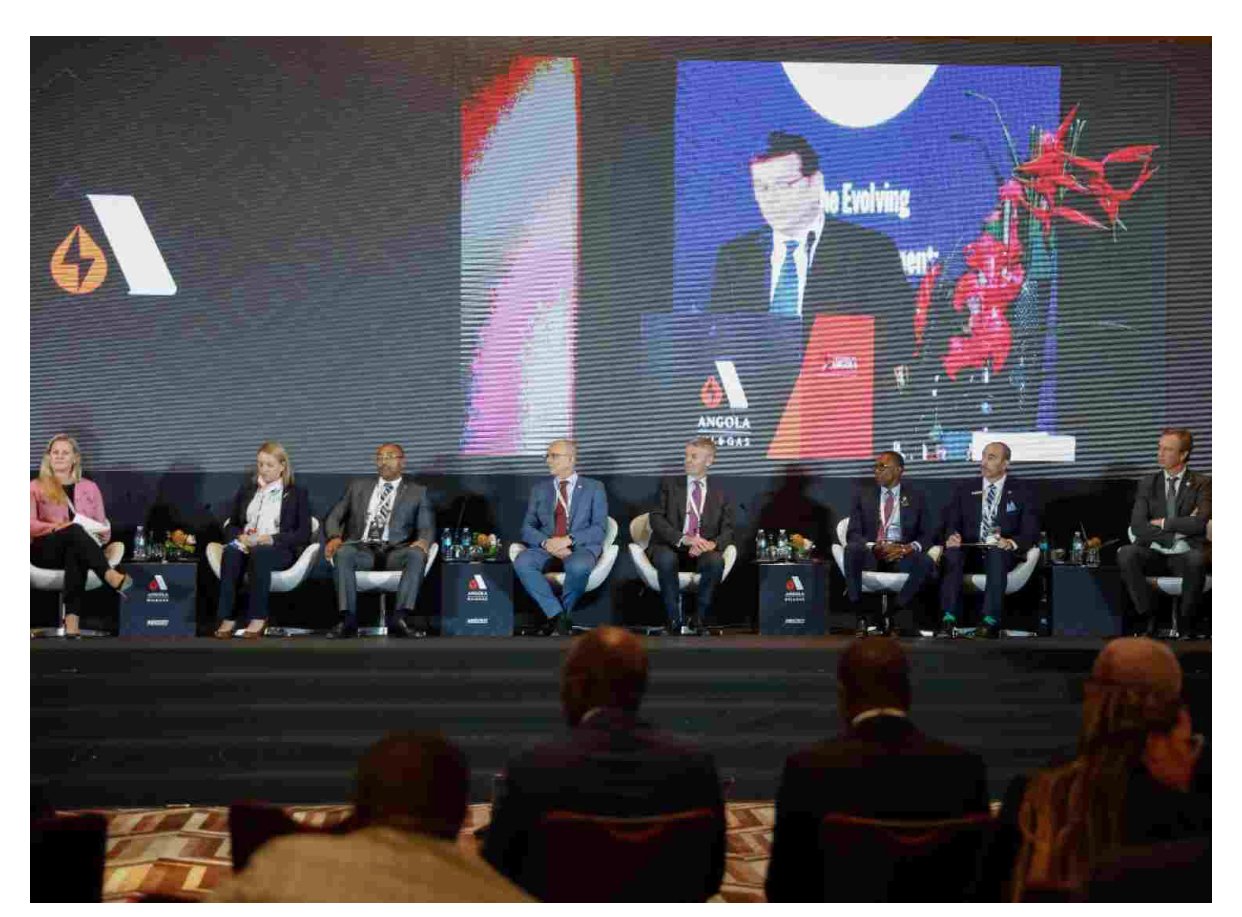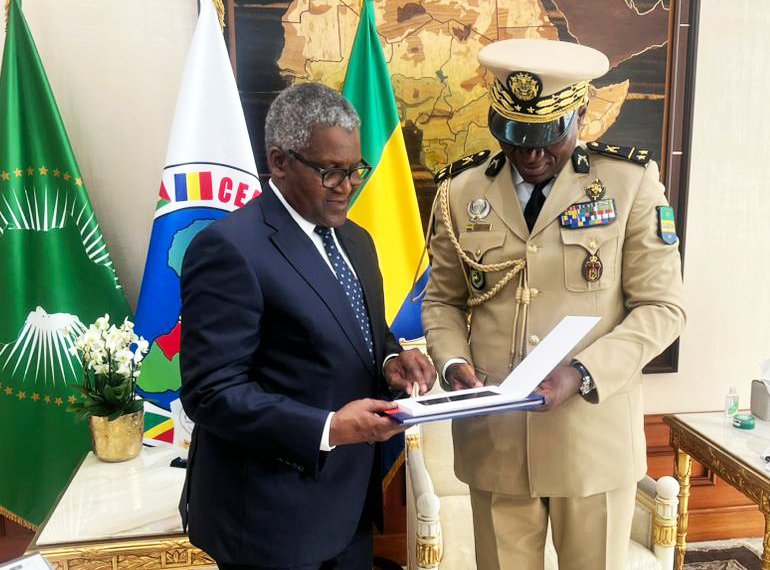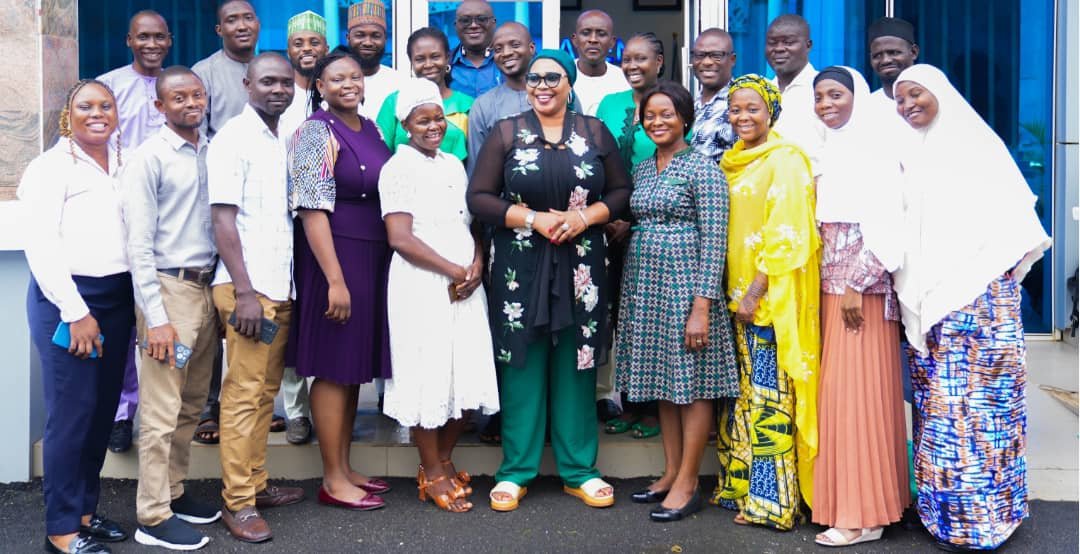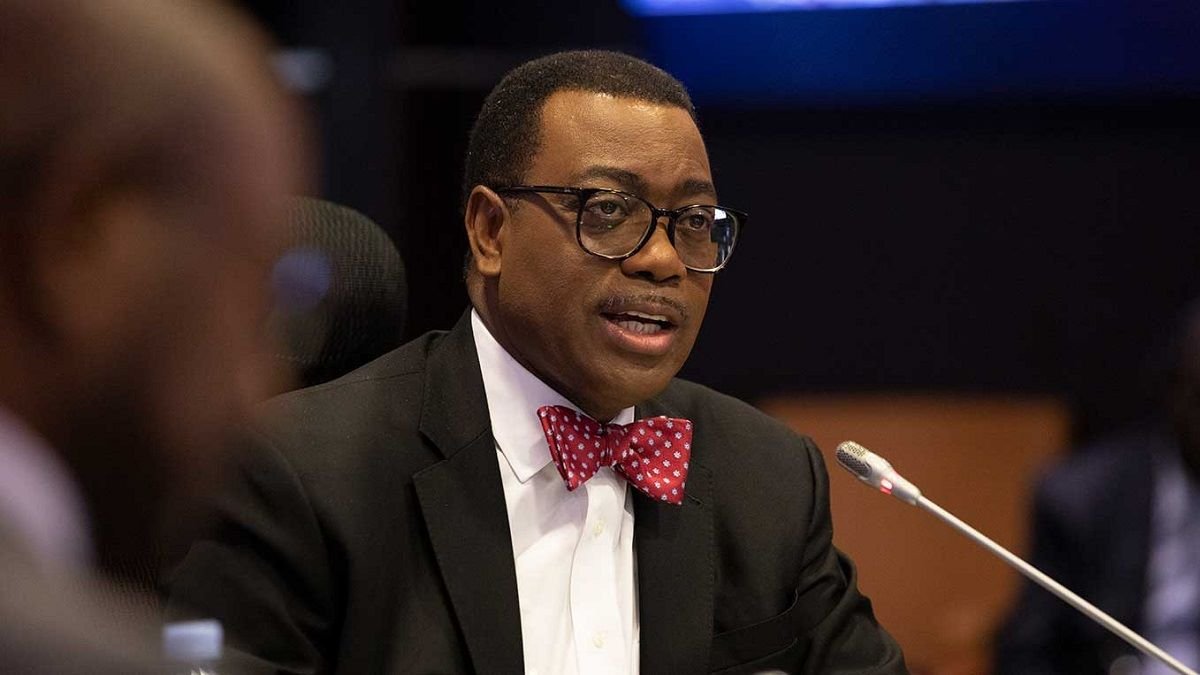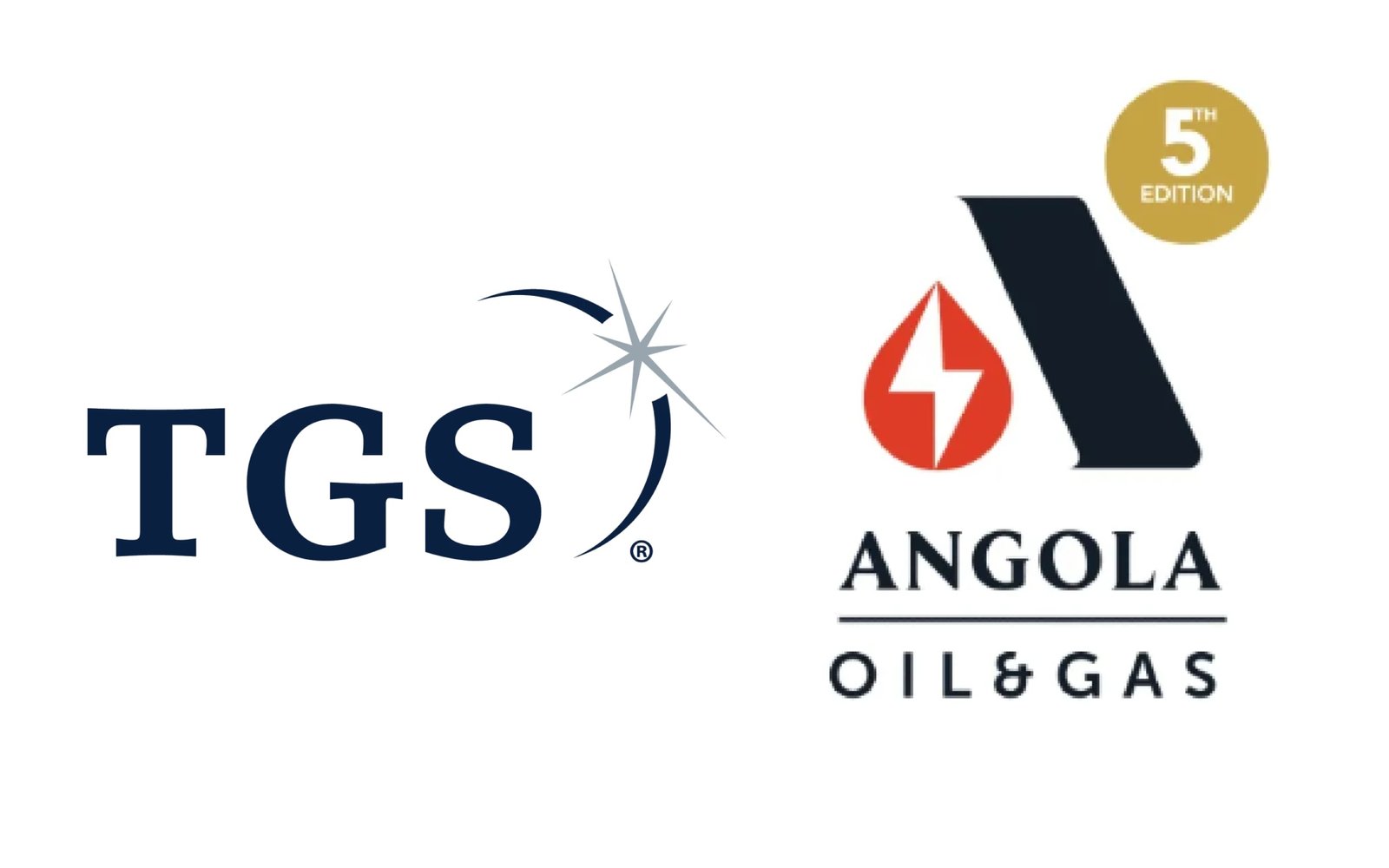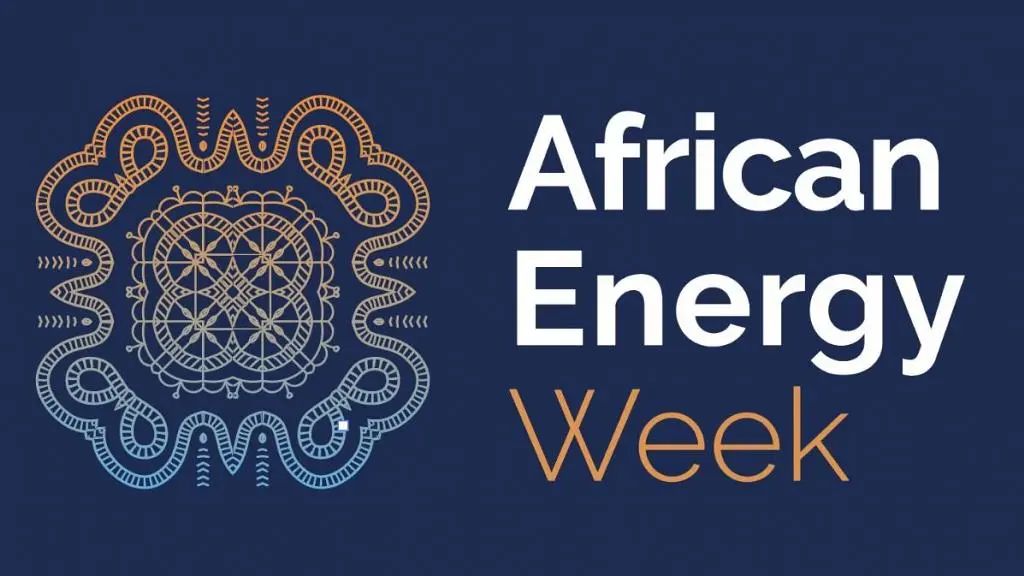Evans added that “In the drilling works we are doing in Namibia, our support comes from Angola, such as the roads, infrastructure and people we are using in bringing equipment and skills. There is a lot of collaboration already underway.”
Commenting on how collaboration can be improved across the region to unlock the full potential of the oil and gas industry, Guimarães stated that “We are not high at technology development, we need to partner at ground level and realize our capabilities. There needs to be more investments to be done to connect countries with infrastructure such as roads to boost transportation of goods and services and companies need to partner more and boost funds.”
Adding to Guimarães’ point, Chipuco said “There is a need to communicate and share more. Regional integration is necessary more than countries competing with each other. We need to look at how we can combine efforts to add value. Angola (https://bit.ly/3Fgh8fZ) has been in the game for long and this gave us a chance to build infrastructure and skills. That is the capacity that needs to add value to the region. We need to see Namibia and South Africa benefiting from Angola through cooperation on infrastructure rollout and technical skills development.”
Nyambe stated “With Angola planning to build new refineries, there needs to be more cooperation with regional countries on standards and certification. By ensuring its products and people are certified to meet regional needs, Angola will have a market for its refined products. For us to ensure regional integration, we need to transform local to regional content, ease movement of companies and the flow of money across the region.”
On the topic of requirements to boost regional cooperation, Williams reiterated that “It starts at the leadership level, the leaders and the vision which they have is key to moving forward. In terms of taking advantage of new opportunities as a country, the strategy that we need should look at the balance between external investments, with a thorough understanding of what we have and the risk associated with that. The experience that has been built or being built in the region can then be properly deployed to embrace opportunities at regional level. We must think of how we can use the resources in Africa for the benefit of African people. We need to step back and focus on what it is that we are trying to achieve. Once African ministers increase collaboration, we can start to remove barriers artificially added.”
The discussion also explored Africa’s energy hotspots and the future of the continent’s energy sector with Evans identifying hot spots for capital as “Nigeria, Angola, Mozambique and Equatorial Guinea. As we go south, it’s only recently that success has been found. Southern Africa is very much a hotspot for offshore exploration on the back of TotalEnergies and Shell’s success. This is the beginning of success and industry growth for the region and onshore Africa is probably the most underexplored area in the world.”


